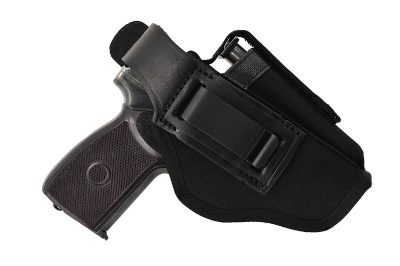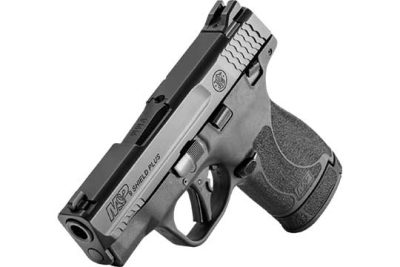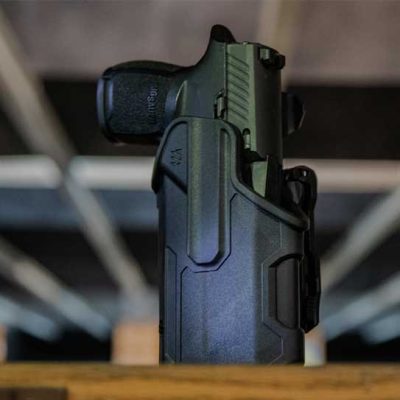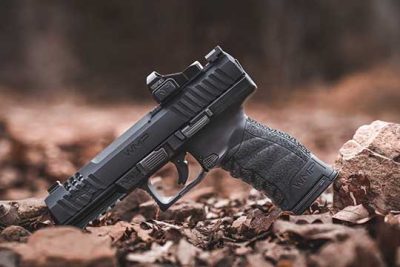Carrying at Sturgis (Plus the 6 Surrounding States)
Motorcycle rallies draw large crowds, especially the legendary Sturgis rally in South Dakota. The Sturgis Motorcycle Rally gets more than a half million attendees from all 50 states, along with Canada and even overseas. It is the premier motorcycle rally, and people from all walks of life attend. This year marks the 85th anniversary of Sturgis.
Many of these attendees travel across the country to attend, both trailering and riding. Once there, they spend hours on their motorcycles touring South Dakota and the surrounding states.
The Sturgis Motorcycle Rally is about having fun and riding. However, situations can happen anywhere, meaning riders need to adhere to defensive motorcycle tactics, including carrying a handgun for defense. Of course, those carrying at Sturgis during rides need to know the firearm and carry laws in the Mount Rushmore State and those touching its proud borders.
Carrying at Sturgis is Legal
Overall, South Dakota and the six states surrounding it—Iowa, Minnesota, Montana, Nebraska, North Dakota and Wyoming—have pretty good gun laws. In fact, all, except Minnesota, have constitutional carry.
All have some version of open carry (there might be local regulations) and most don’t have a duty to retreat before being allowed defensive measures. Only Nebraska requires conceal carriers to report having a firearm to law enforcement. South Dakota law even allows folks to carry into restaurants that serve alcohol, unless posted, but not in bars. The six surrounding states have similar laws. Drinking when carrying is unwise, and illegal in many areas.
South Dakota, and the surrounding states, also contain tribal lands, which has different laws regarding firearms than the states. Federal law allows each tribal council to make its own gun laws. Many of them do not recognize carry permits.
Carrying in Sturgis isn’t difficult, but folks have to be aware of the laws that limit where guns can be carried. This includes state, local and tribal regulations.
State Requirements on Concealed-Carry

Disclaimer: This information is for awareness and educational purposes only. It is not intended to be legal advice, and should not be relied upon as such. Gun laws are complex and vary by jurisdiction. Always consult with a qualified attorney to ensure you fully understand your rights and obligations under the applicable law.
By Paul Rackley, GunBroker Editor










